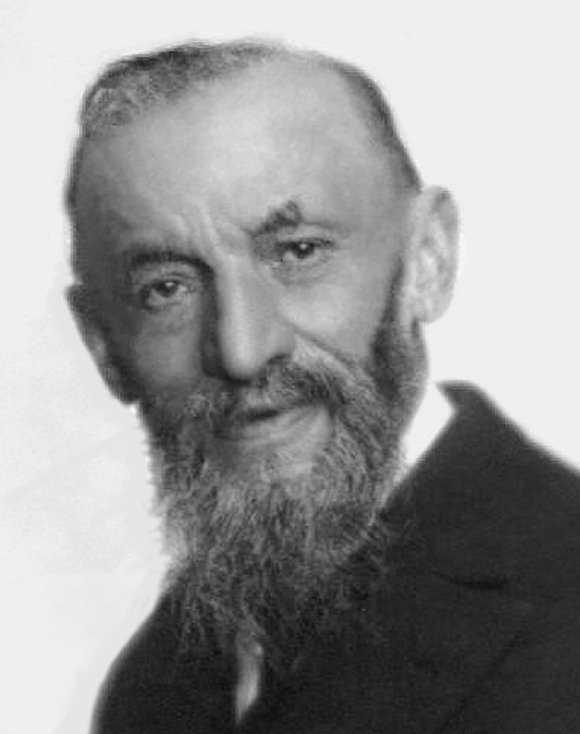Arithmetices Principia, Nova Methodo Exposita on:
[Wikipedia]
[Google]
[Amazon]

 The 1889 treatise ''Arithmetices principia, nova methodo exposita'' (''The principles of arithmetic, presented by a new method''; 1889) by
The 1889 treatise ''Arithmetices principia, nova methodo exposita'' (''The principles of arithmetic, presented by a new method''; 1889) by

 The 1889 treatise ''Arithmetices principia, nova methodo exposita'' (''The principles of arithmetic, presented by a new method''; 1889) by
The 1889 treatise ''Arithmetices principia, nova methodo exposita'' (''The principles of arithmetic, presented by a new method''; 1889) by Giuseppe Peano
Giuseppe Peano (; ; 27 August 1858 – 20 April 1932) was an Italian mathematician and glottologist. The author of over 200 books and papers, he was a founder of mathematical logic and set theory, to which he contributed much notation. The sta ...
is a seminal document in mathematical logic
Mathematical logic is the study of formal logic within mathematics. Major subareas include model theory, proof theory, set theory, and recursion theory. Research in mathematical logic commonly addresses the mathematical properties of forma ...
and set theory
Set theory is the branch of mathematical logic that studies sets, which can be informally described as collections of objects. Although objects of any kind can be collected into a set, set theory, as a branch of mathematics, is mostly concern ...
, introducing what is now the standard axiomatization
In mathematics and logic, an axiomatic system is any set of axioms from which some or all axioms can be used in conjunction to logically derive theorems. A theory is a consistent, relatively-self-contained body of knowledge which usually contai ...
of the natural number
In mathematics, the natural numbers are those numbers used for counting (as in "there are ''six'' coins on the table") and ordering (as in "this is the ''third'' largest city in the country").
Numbers used for counting are called '' cardinal ...
s, and known as the Peano axioms
In mathematical logic, the Peano axioms, also known as the Dedekind–Peano axioms or the Peano postulates, are axioms for the natural numbers presented by the 19th century Italian mathematician Giuseppe Peano. These axioms have been used nearly ...
, as well as some pervasive notations, such as the symbols for the basic set operations ∈
In mathematics, an element (or member) of a Set (mathematics), set is any one of the Equality (mathematics), distinct Mathematical object, objects that belong to that set.
Sets
Writing A = \ means that the elements of the set are the numbers 1, ...
, ⊂, ∩, ∪, and ''A''−''B''.
The treatise is written in Latin
Latin (, or , ) is a classical language belonging to the Italic languages, Italic branch of the Indo-European languages. Latin was originally a dialect spoken in the lower Tiber area (then known as Latium) around present-day Rome, but through ...
, which was already somewhat unusual at the time of publication, Latin having fallen out of favour as the lingua franca
A lingua franca (; ; for plurals see ), also known as a bridge language, common language, trade language, auxiliary language, vehicular language, or link language, is a language systematically used to make communication possible between groups ...
of scholarly communications by the end of the 19th century. The use of Latin in spite of this reflected Peano's belief in the universal importance of the work – which is now generally regarded as his most important contribution to arithmetic – and in that of universal communication. Peano would publish later works both in Latin and in his own artificial language, Latino sine flexione
Latino sine flexione ("Latin without inflections"), Interlingua de Academia pro Interlingua (IL de ApI) or Peano's Interlingua (abbreviated as IL), is an international auxiliary language compiled by the Academia pro Interlingua under chairmanshi ...
, which is a grammatically simplified version of Latin.
Peano also continued to publish mathematical notation
Mathematical notation consists of using symbols for representing operations, unspecified numbers, relations and any other mathematical objects, and assembling them into expressions and formulas. Mathematical notation is widely used in mathem ...
s in a series from 1895 to 1908 collectively known as Formulario mathematico.
References
External links
* English translation (with original Latin): https://github.com/mdnahas/Peano_Book/blob/master/Peano.pdf * Original treatise (in Latin, scanned) at Internet Archive: https://archive.org/details/arithmeticespri00peangoog Arithmetic Books about mathematics 1889 non-fiction books 19th-century Latin books {{mathematics-lit-stub